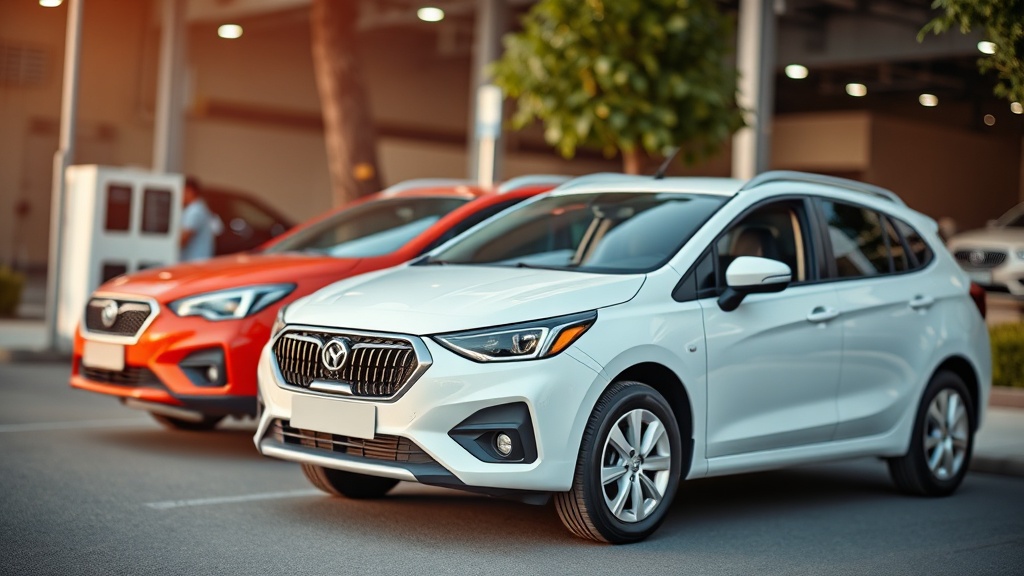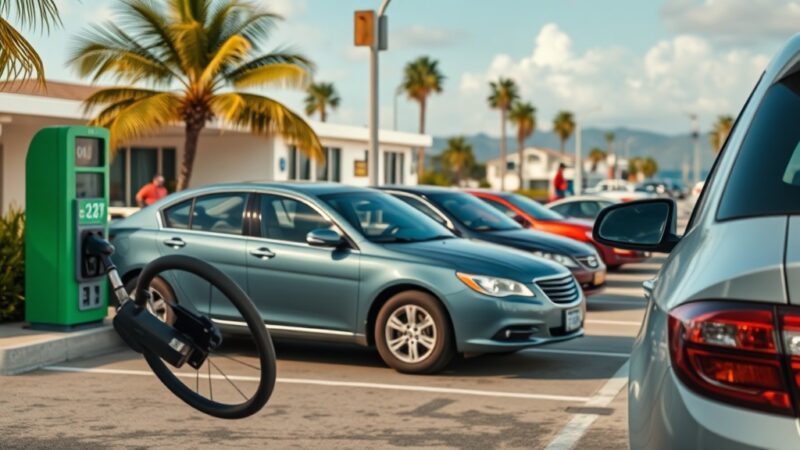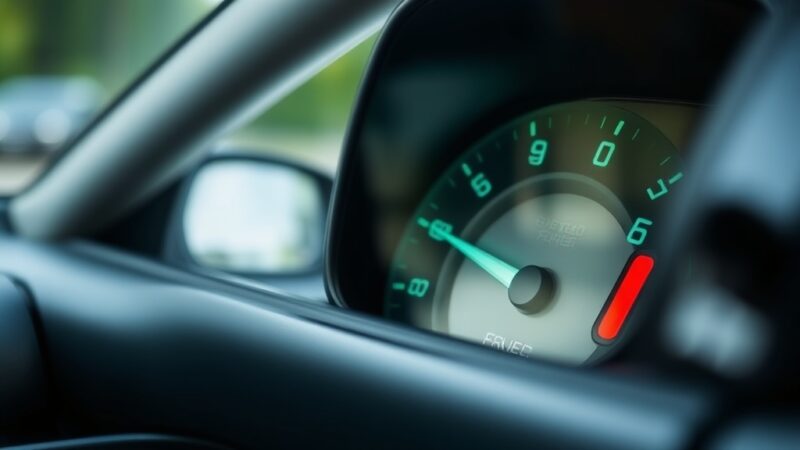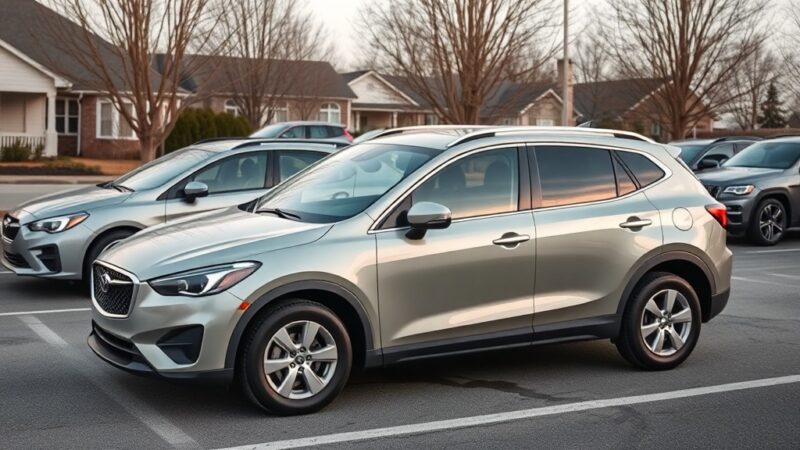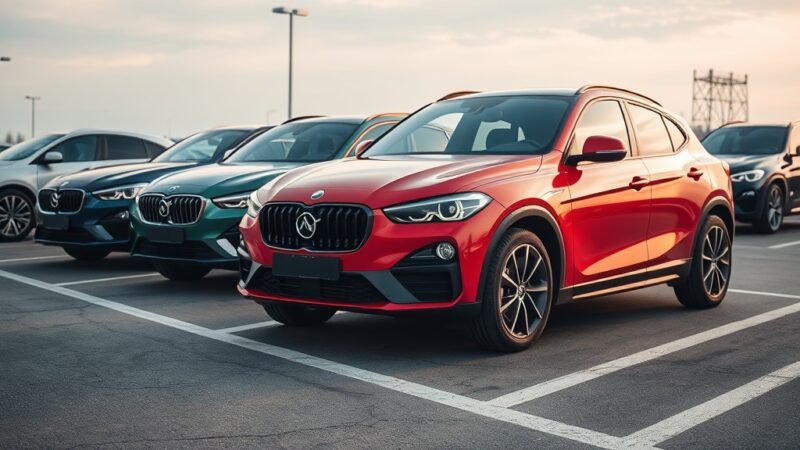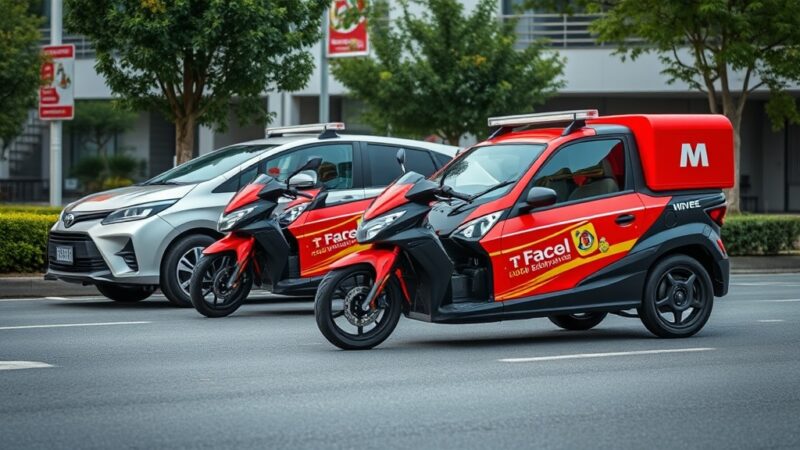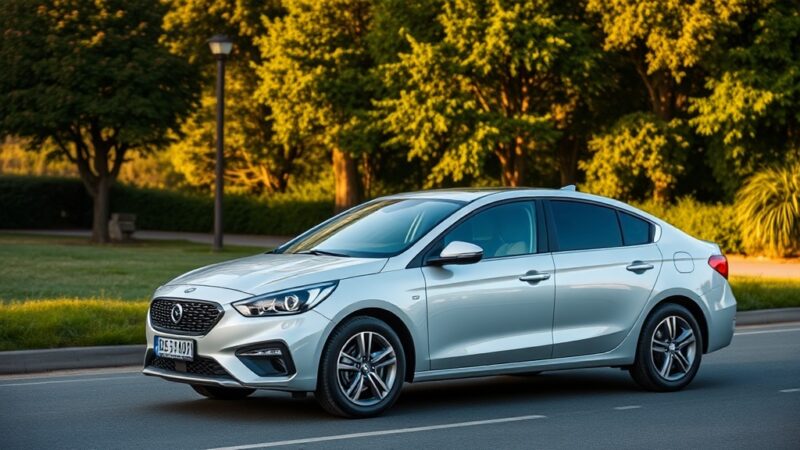Top Fuel Efficient Car Models for Small Business Owners: A Comprehensive Review
When it comes to operating a small business, every penny counts, especially when it involves transportation costs. Fuel-efficient cars can be a game-changer for small business owners, helping you save on gas and reduce your overall operational costs. This guide reviews some of the best fuel-efficient car models that cater specifically to the needs of small business professionals.
Why Fuel Efficiency Matters for Small Businesses
Owning a fuel-efficient vehicle is crucial for any small business owner. It not only helps in cutting down expenses but also supports environmental sustainability. Fuel-efficient cars typically offer lower emissions, which can enhance your brand’s image as environmentally conscious.
Top Fuel Efficient Car Models
The following car models are recognized for their exceptional fuel economy, affordability, and reliability.
| Car Model | Fuel Efficiency (MPG) | Price Range | Best For |
|---|---|---|---|
| Toyota Prius | 58 city / 53 highway | $24,525 – $32,650 | Eco-friendly businesses |
| Honda Civic | 32 city / 42 highway | $22,245 – $28,345 | Delivery services |
| Hyundai Ioniq | 58 city / 60 highway | $23,600 – $33,000 | Technology startups |
| Ford Escape Hybrid | 44 city / 37 highway | $28,000 – $36,500 | Outdoor services |
| Chevrolet Bolt EV | 128 city / 110 highway | $31,000 – $43,500 | Tech-savvy businesses |
Toyota Prius
The Toyota Prius is a staple in the world of fuel-efficient cars. With an impressive 58 MPG for city driving and 53 MPG for highway, it’s perfect for business owners who frequently commute or drive around town. Starting at around $24,525, it provides a great blend of comfort, spaciousness, and efficiency, making it ideal for eco-friendly brands. Plus, the Prius comes with a reputation for reliability.
Honda Civic
One of the most popular compact cars around, the Honda Civic, boasts 32 MPG in the city and 42 MPG on the highway. Prices range from $22,245 to $28,345 depending on the model and features. With a sporty design and solid performance, it is particularly well-suited for delivery services that require agility and responsiveness on the road.
Hyundai Ioniq
If cutting-edge technology is essential for your business, look no further than the Hyundai Ioniq. This model offers an incredible 58 MPG for city driving and 60 MPG for highway. Ranging from $23,600 to $33,000, it’s a powerful choice for technology startups and small businesses that value both style and sustainability.
Ford Escape Hybrid
The Ford Escape Hybrid combines utility with fuel efficiency. Offering 44 MPG in the city and 37 MPG on the highway, this SUV allows small business owners to transport larger items while still saving on gas costs. With prices ranging from $28,000 to $36,500, it’s particularly well-suited for outdoor services and businesses requiring a reliable vehicle for transporting tools and equipment.
Chevrolet Bolt EV
For business owners who want to go fully electric, the Chevrolet Bolt EV is an outstanding option. With an astonishing 128 MPG in the city and 110 MPG on the highway, this vehicle is perfect for tech-savvy businesses looking to minimize their carbon footprint. Priced between $31,000 and $43,500, it features cutting-edge technology and a spacious interior.
Choosing the best fuel-efficient car model for your business goes beyond just looking at the miles per gallon. It involves considering the nature of your business, your budget, and the type of driving you’ll be doing. By selecting one of these top models, you will not only save money but also position your brand as forward-thinking and responsible. With the right vehicle, your small business can thrive while also making a positive impact on the environment.
How Fuel Efficiency Impacts Business Expenses and Sustainability Practices
Fuel efficiency is a crucial factor that directly influences both business expenses and sustainability practices for companies of all sizes. For small business owners, paying attention to fuel efficiency can lead to significant savings and contribute to their overall environmental impact.
When considering how fuel efficiency impacts business expenses, it’s essential to understand that every mile driven with a fuel-efficient vehicle saves money. A more fuel-efficient car can help reduce fuel costs, which is particularly important when your business relies on transportation for deliveries, meetings, or travel. This can be a game-changer for small businesses with tight budgets, allowing more funds to be allocated toward growth and other operational expenses.
Here are several key ways in which fuel efficiency affects overall costs:
- Reduced Fuel Costs: Higher miles per gallon (MPG) means less money spent on gas, directly impacting your bottom line.
- Lower Maintenance Costs: Many fuel-efficient vehicles are designed with sustainable technology, which often translates into lower maintenance needs and longer service life.
- Tax Incentives: In some regions, businesses can qualify for tax credits or rebates for owning fuel-efficient or hybrid vehicles, providing another layer of financial savings.
For example, consider the difference in fuel costs between a gas-guzzling vehicle and a compact car that offers excellent gas mileage. If your business’s delivery vehicle typically consumes 20 MPG and you drive 1,000 miles per month, that vehicle will require 50 gallons of fuel. If gas costs $3 per gallon, your monthly fuel expense is $150. In contrast, a fuel-efficient vehicle that achieves 40 MPG would only need 25 gallons for the same distance, costing $75 in fuel. The direct savings of $75 per month can be significant over time.
| Vehicle Type | MPG | Monthly Mileage (1,000 miles) | Monthly Fuel Costs |
|---|---|---|---|
| Traditional Gas Vehicle | 20 | 1,000 | $150 |
| Fuel-Efficient Car | 40 | 1,000 | $75 |
On the sustainability side, using fuel-efficient vehicles helps reduce carbon footprints significantly. By investing in cars that consume less fuel, not only does a business enjoy lower operational costs, but it also contributes positively to the environment. Enhanced fuel efficiency leads to reduced greenhouse gas emissions, which is increasingly important for consumers who prefer to support eco-conscious businesses. Small business owners who are proactive in implementing sustainable practices often enjoy better customer loyalty and brand reputation.
Moreover, adopting fuel-efficient driving practices, such as minimizing idling, maintaining a steady speed, and regularly servicing vehicles, can complement the savings gained from fuel-efficient models. These actions further enhance your business’s commitment to sustainability and responsible resource management. For small businesses, integrating these strategies can create a powerful narrative that resonates with customers.
Investing in fuel-efficient car models not only aligns with budgetary goals but also enhances a company’s sustainability practices. Here are ways you can optimize fuel efficiency in your business:
- Choose the Right Vehicle: Look for models known for their high MPG and low emissions; hybrids and electric vehicles are excellent options.
- Establish Fuel Efficiency Guidelines: Educate employees on fuel-efficient driving habits to reduce costs and improve safety.
- Monitor Fuel Use: Use apps or systems to track fuel spending and identify areas where you can improve efficiency.
The intersection of fuel efficiency, business expenses, and sustainability is a critical consideration for small business owners. Emphasizing fuel-efficient vehicles can lead to substantial savings while promoting environmental responsibility. By adopting efficient practices, you not only enhance your operational budget but position your business as a leader in eco-friendly practices, ready to meet the demands of today’s conscious consumers.
Conclusion
For small business owners, choosing the right vehicle is more than just about making a statement; it’s essential for maintaining an efficient operation. Fuel-efficient car models not only help lower your fuel costs but also contribute to a sustainable business practice that can enhance your company’s reputation. By evaluating the top fuel-efficient models available, you’re arming yourself with the information needed to make a smart investment—one that balances performance with cost-effectiveness.
Lower fuel expenses mean you can allocate more of your budget towards other vital areas of your business, whether it’s expanding your services, hiring new talent, or investing in marketing. Models like the Toyota Prius, Honda Civic, and Hyundai Ioniq are excellent examples of vehicles that deliver reliable fuel efficiency without sacrificing comfort or style. Their longevity and resale value also offer added financial benefits.
Moreover, embracing fuel-efficient vehicles aligns with a growing consumer preference for responsibility and sustainability. Customers appreciate businesses that take steps towards reducing their environmental footprint, which can, in turn, foster loyalty and boost your brand image. As you assess your needs, consider these top models that suit various business types, ensuring your fleet is not only economical but also forward-thinking.
Ultimately, investing in fuel-efficient cars is not just a decision that positively impacts your business’s bottom line; it’s also a commitment to building a more sustainable future. By making informed choices today, you secure a brighter tomorrow for both your business and the environment.

